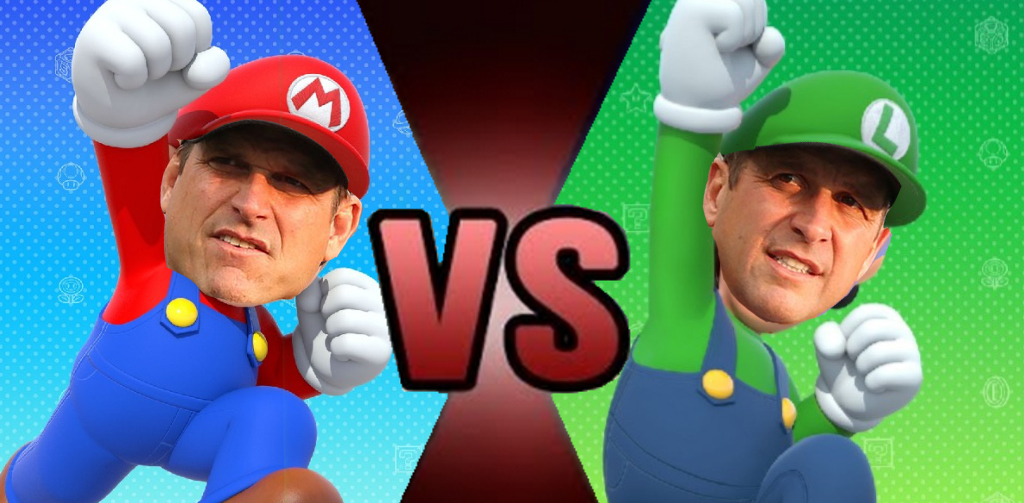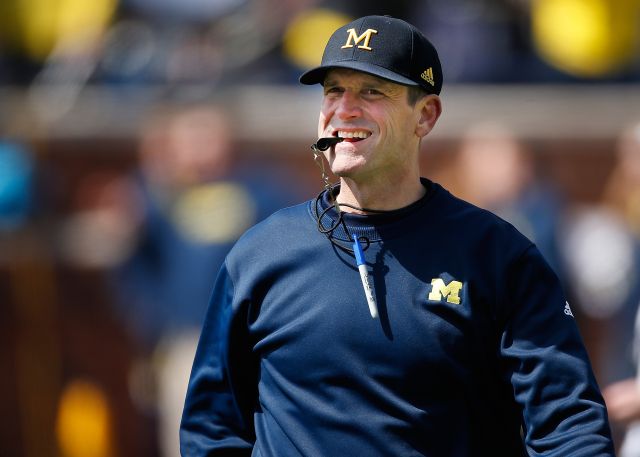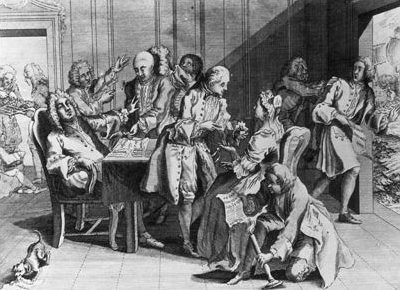


You like it? New haircut. Wanted to get it a tiny bit shorter, so that I could improve my ultrasonic hearing abilities. Important for planning those off-season nighttime raids.

How right you are, brother of mine. Night vision goggles are for pussies, after all.
Remember that time Dad made us bungee jump the Snake River Canyon? At like 3 AM? God, was that ever fun.

Eh, honestly, it was kinda boring. We didn’t even lose any body parts in the process. Not like the rivalry we’re taking a look at this week…
THE WAR OF JENKINS’ EAR
Combatant 1: The British Empire
Combatant 2: The Spanish Empire
Location of Conflict: West Indies & southern North America
Reason for Conflict: Somebody cut someone’s ear off. Allegedly.
What happened? In the early 18th century, Europe fought the War of Spanish Succession; famed Habsburg king Charles II died without an heir, kicking off 14 years of fighting to prevent French king Philip from uniting Spain and France and destroy the balance of power in Europe.


According to legend, in 1731, British sailor Robert Jenkins had his ship boarded by Spanish privateers, who accused him of smuggling, and severed his ear. While there is evidence of the incident from some newspapers and magazines dated that same year, not much happened until 1738, when Jenkins was invited to Westminster to speak to Parliament as part of a series of firsthand accounts of Spanish aggression against the British – in essence, it was mostly just political gamesmanship. Still, with Parliament thirsting for revenge, the king, George II, eventually had no choice but to capitulate, and in 1739, finally declared war on Spain once again.

The Aftermath: This was a long, bloody, and protracted war – while the bulk of the conflict took place between 1739-1742, hostilities weren’t formally ended until 1748, after England and Spain both got dragged into the War of Austrian Succession, which once again featured all of the other European powers. All in all, the British suffered 20,000 casualties and over 400 ships destroyed, while the Spanish had 8000 casualties and almost 200 ships lost. In the end, not a lot happened as a result of this war. The Spanish kept the British from expanding their territory in the Caribbean, while also keeping the colony of Georgia from overtaking Spanish Florida; the British also stopped their smuggling industries, and had to return the fortress of Louisbourg, on Cape Breton Island, to France, in exchange for the French returning the Indian port city of Madras. Still, the United Kingdom remained the premier seafaring power of the world, well into the 20th century, and no number of missing ears would change that for a very long time.

Guess that guy had his hair cut a little too close to his ear, eh, Jim?
No such thing as too close. As Dad always says, “pain means you’re alive.” Sucks that they won’t let me use that around my players anymore, but I think that maimings are often character-building, y’know?

Back to the film room, kid brother. Think I’m gonna sit down and try to find a way to get my o-line to carry swords next season.
***
Information for this article taken from here, here, here, here and here. Banner image by The Maestro.
… [Trackback]
[…] Find More Informations here: doorfliesopen.com/2020/01/30/super-harbaugh-rivalry-bros-the-war-of-jenkins-ear/ […]
WHAT?
–Jenkins
The capture of Louisbourg was primarily carried out by Colonial American forces. They provided all of the land forces. The Imperial British Government provided the heavy ships to protect the transports from a potential French fleet.
One can argue that the capture and subsequent surrender of the Fortress in the peace treaty were the first steps in the Americans desiring a greater say in foreign policy, ultimately leading to the Revolution.
So, thank you Canada.
That said, the British Empire being the British Empire, they wanted more.
/Winston Churchill’s corpse just got ROCK HARD
I could swear Revolutions or some other history podcast did an episode on this, but I can’t find it skimming through now. But this whole story and war are wild.
The history nerd in me is loving this series. Well done yet again.